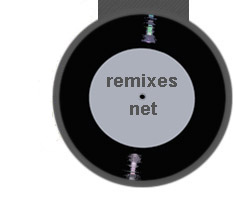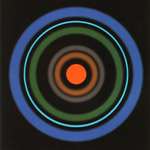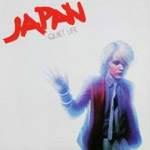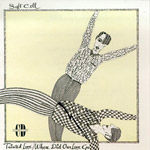history of 80's electronica (part 2)mix by guy garrett / dmcfeaturing...New Order - Blue Monday Yazoo - Don't Go Japan - Quiet Life Duran Duran - Girls On Film Duran Duran - Planet Earth O.M.D. - Enola Gay Spandau Ballet - To Cut A Long Story Short Soft Cell - Bedsitter Soft Cell - Tainted Love
Electronica is a term that covers a wide range of electronic or electronic-influenced music. The term has been defined by some to mean modern electronic music that is not necessarily designed for the dance floor, but rather for home listening. The origins of the term are murky, although it appears to have been coined by British music paper Melody Maker in the mid-1990s, originally to describe the electronic rock band Republica. The term subsequently gained a life of its own, and became popular in the United States as a means of referring to the then-novel mainstream success of post-rave global electronic dance music. Prior to the adoption of "electronica" as a blanket term for more experimental dance music, terms such as electronic listening music, braindance and intelligent dance music (IDM) were common. In the mid-1990s electronica began to be used by MTV and major record labels to describe mainstream electronic dance music made by such artists as The Chemical Brothers (who had previously been described as big beat or chemical breaks) and The Prodigy, although even at this stage it was not a particularly incisive term. It is currently used to describe a wide variety of musical acts and styles, linked by a penchant for overtly electronic production; a range which includes more popular acts such as Björk, Goldfrapp and glitchy experimental artists such as Autechre, Aphex Twin, and Boards of Canada to dub-oriented downtempo, downbeat, and trip-hop. Madonna and Björk are said to be responsible for electronica's thrust into mainstream culture, with their albums Ray of Light (Madonna), Post and Homogenic (Björk) respectively. Many popular artists today use some aspects of electronica in mainstream music. This text is licensed under the GNU Free Documentation License. It uses material from the Wikipedia article "Electronica". |
blue mondaydon't goquiet lifetainted love
|
|
| © 2000-2008 remixes.net | privacy policy | ||




